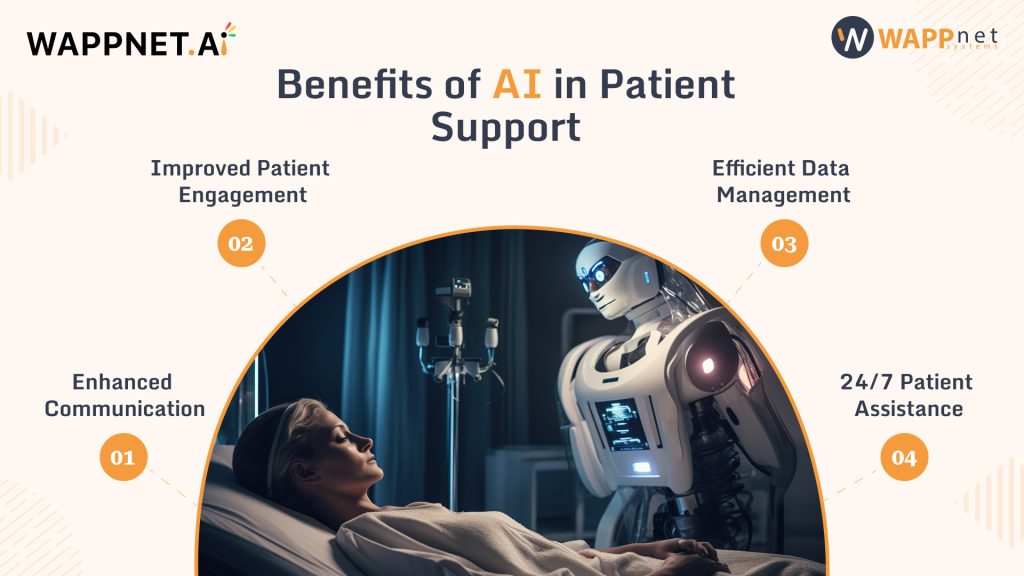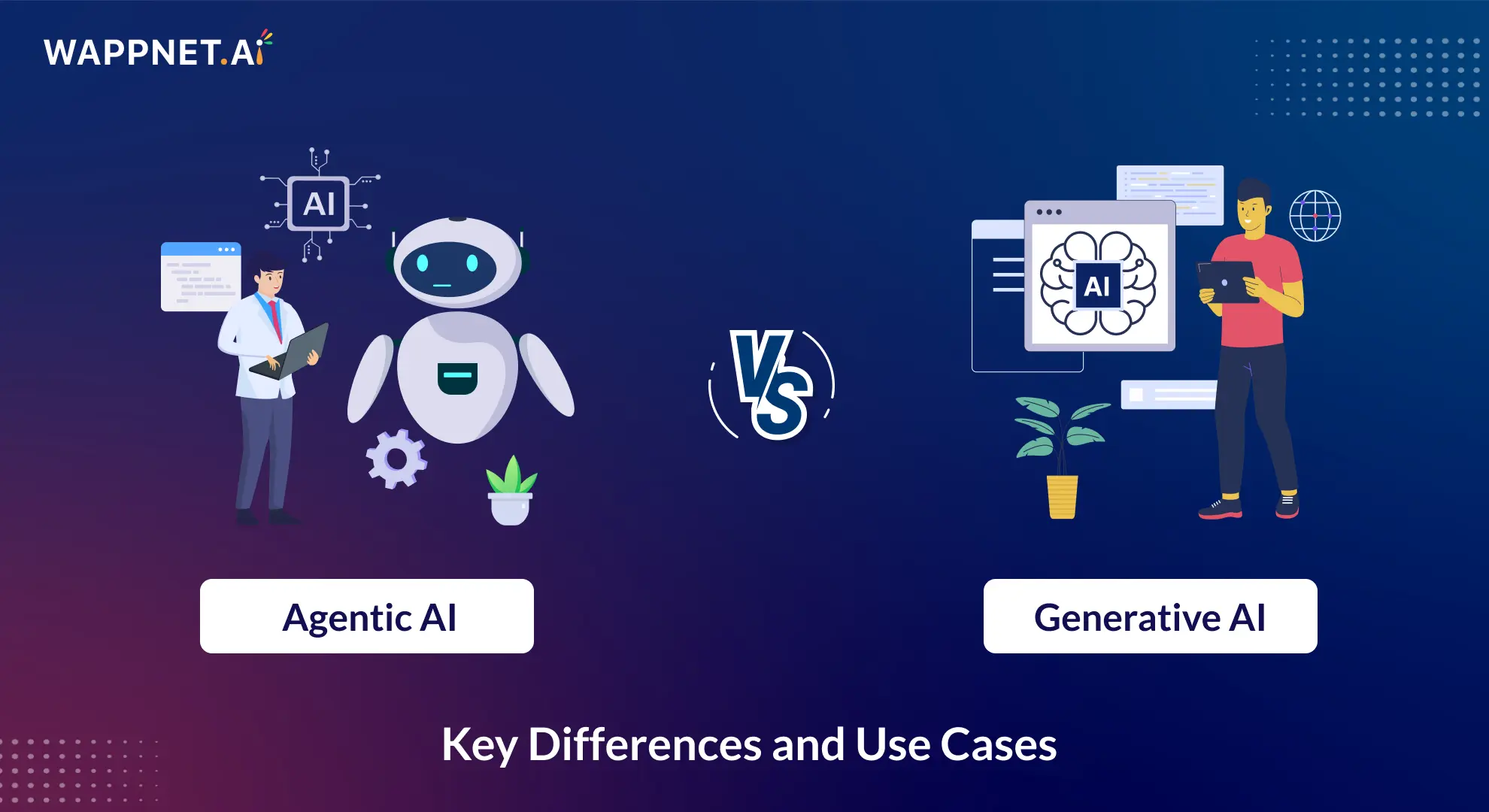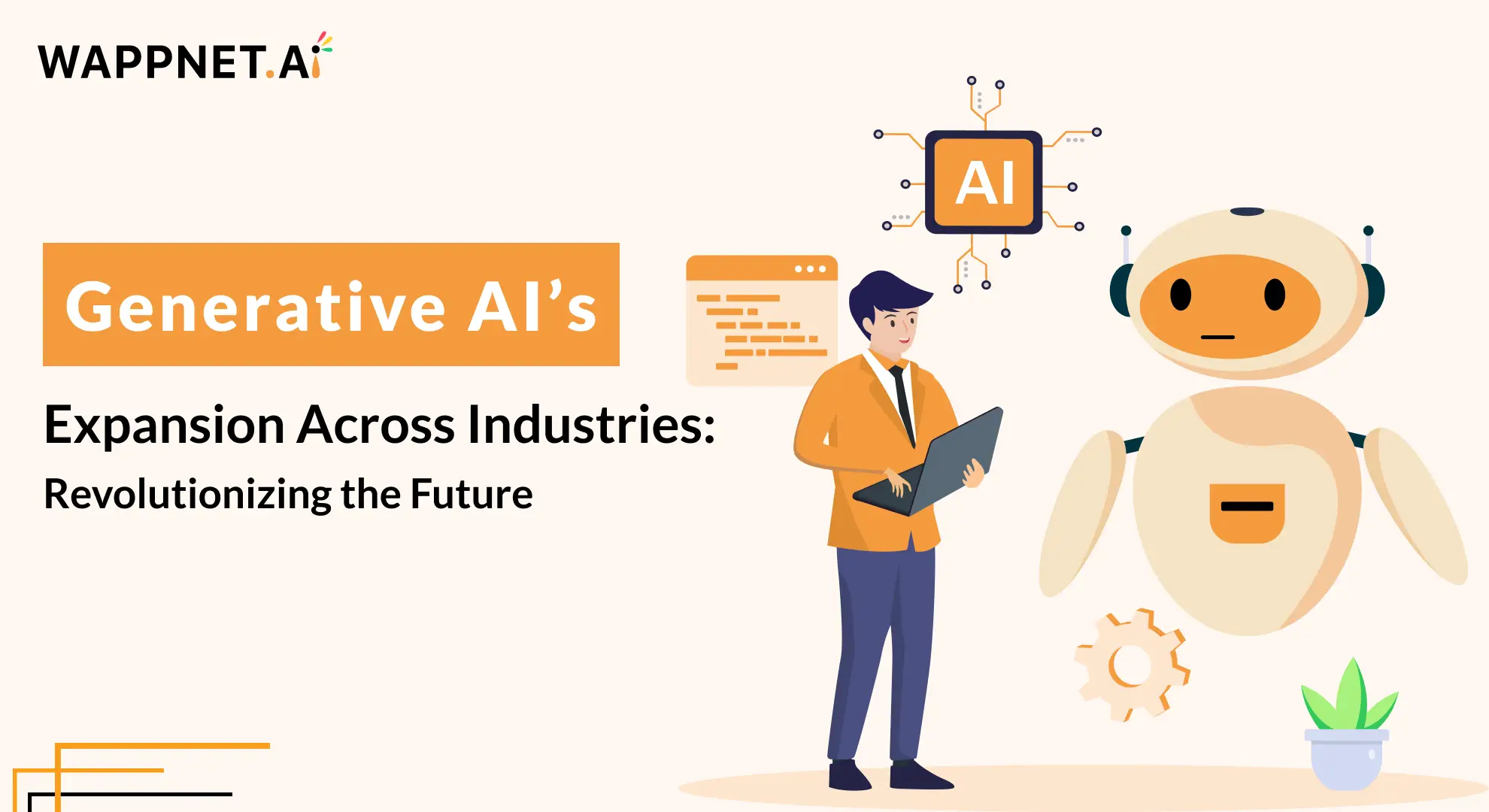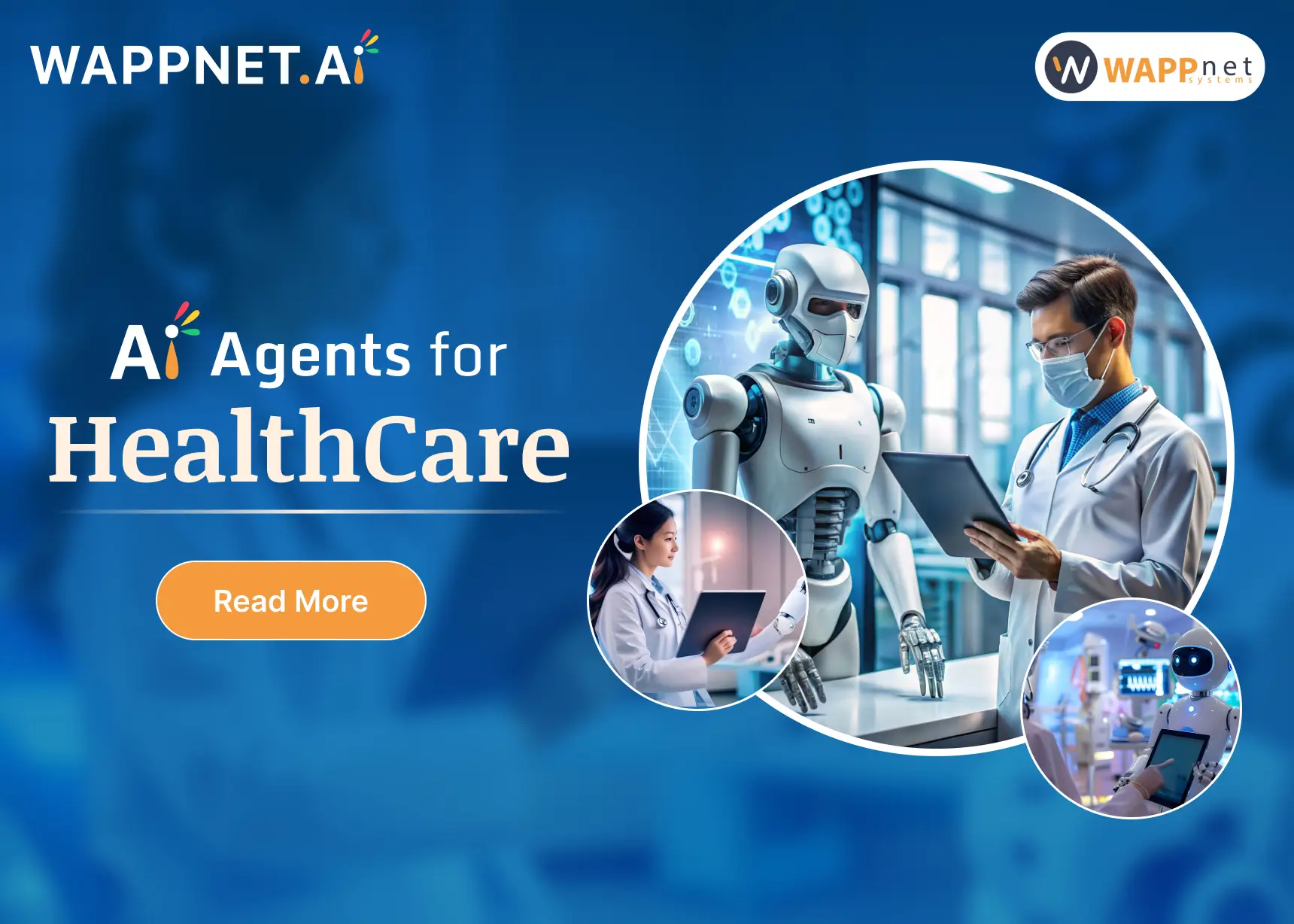AI for Patient Support
AI for patient support involves the use of advanced AI technologies to enhance the quality of care and communication between healthcare providers and patients. These AI systems can manage a variety of tasks, from real-time communication and data management to providing 24/7 assistance. The importance of AI in healthcare is immense, as it helps streamline operations, reduce costs, and most importantly, improve patient outcomes.
Examples of AI in Patient Support:
- Booking Appointments: AI systems can automate the process of scheduling appointments, ensuring patients receive timely reminders and updates. For example, an AI-powered booking assistant can handle multiple patient requests simultaneously, reducing wait times and improving scheduling efficiency.
- Emergency Situations: In emergencies, AI can provide immediate assistance by triaging symptoms and directing patients to the appropriate care. For instance, an AI chatbot can assess the severity of symptoms reported by a patient and recommend whether they should seek urgent care or wait for a scheduled appointment.
- Medication Reminders: AI tools can send personalized reminders to patients to take their medications, ensuring adherence to prescribed treatment plans. An example is an AI-driven app that tracks medication schedules and sends alerts to patients, reducing the risk of missed doses.
- Understanding Medication Effects: AI can help patients understand the effects of their medications by providing detailed information and answering questions. For example, an AI assistant can explain potential side effects, interactions with other drugs, and what to do if a dose is missed, enhancing patient education and safety.
Benefits of AI in Patient Support

Enhanced Communication:
AI tools facilitate real-time patient communication, allowing for immediate responses and personalized interactions. Examples include chatbots that provide instant answers to patient queries and AI-powered platforms that manage patient appointments and follow-ups seamlessly.
Improved Patient Engagement:
AI engages patients more effectively than traditional methods by providing personalized care plans and reminders. For instance, AI systems can analyze patient data to offer tailored health advice, increasing patient involvement in their own care. Case studies have shown significant improvements in patient satisfaction and adherence to treatment plans with AI-driven engagement.
Efficient Data Management:
AI plays a crucial role in managing patient data securely and efficiently. It can analyze vast amounts of data quickly, identifying patterns and trends that might be missed by human analysis. Compared to traditional data management systems, AI provides more accurate and timely insights, helping healthcare providers make better-informed decisions.
24/7 Patient Assistance:
AI agents offer round-the-clock support, ensuring that patients have access to care whenever they need it. Examples include virtual health assistants that can monitor patient conditions and provide immediate interventions if necessary, enhancing the continuity and quality of care.
Transform patient care with our advanced Custom AI agents
Talk to our experts
Challenges with Traditional Patient Support Methods
Traditional patient support methods often face limitations such as scalability, consistency, and the ability to provide personalized care. Human-only support can struggle with handling large volumes of inquiries, leading to delays and inconsistencies in patient care. AI addresses these challenges by offering scalable, consistent, and personalized support solutions that enhance the overall patient experience.
| Challenge |
Statistic/Impact |
Source |
| Scalability |
70% of healthcare providers struggle with scalability in patient support |
Becker’s Hospital Review |
| Response Time |
Average response time in traditional support is 15-30 minutes |
Journal of Medical Internet Research |
| Patient Satisfaction |
40% of patients report dissatisfaction with traditional support methods |
American Medical Association |
| Data Management Errors |
60% of healthcare providers report data management errors |
Health Data Management Journal |
| Consistency in Care |
Inconsistencies in patient care observed in 50% of traditional support cases |
Journal of Healthcare Management |
| Adherence to Treatment Plans |
Only 50% of patients adhere to their treatment plans with traditional support |
World Health Organization |
| Cost of Manual Support |
Manual patient support costs healthcare providers up to $50,000 annually |
Healthcare Financial Management Association |
| Accessibility |
30% of patients have limited access to healthcare support outside regular hours |
National Institute of Health |
| Patient Engagement |
45% of patients feel disengaged with their healthcare management |
New England Journal of Medicine |
| Data Security Breaches |
25% increase in data security breaches in traditional systems in the past 5 years |
U.S. Department of Health and Human Services (HHS) |
Advancements in AI for Patient Engagement
AutoGen Studio, Vertex AI Agent Builder, and Crew AI: These advanced tools offer unique features that enable the creation of highly effective AI agents. AutoGen Studio excels in generating custom AI models, Vertex AI agent builder facilitates the development of scalable AI solutions, and Crew AI enhances collaborative AI functionalities. These tools collectively empower healthcare providers to implement innovative AI-driven patient support systems.
Comparison and Uses of AutoGen Studio, Vertex AI Agent Builder, and Crew AI
| Feature/Tool |
AutoGen Studio |
Vertex AI Agent Builder |
Crew AI |
| Description |
Advanced platform for creating custom AI models |
Google Cloud’s platform for building AI agents |
Collaborative platform for building AI solutions |
| Custom AI Model Generation |
Allows developers to create tailored AI models for specific tasks |
Facilitates the development of scalable AI agents |
Enhances collaborative AI model development |
| Scalability |
Provides scalable solutions for growing needs |
Built on Google Cloud for easy scalability |
Designed for collaborative, scalable AI development |
| Integration with Existing Systems |
Integrates seamlessly with various healthcare systems |
Easily integrates with other Google Cloud services |
Focuses on integrating collaborative AI efforts into systems |
| Ease of Use |
User-friendly interface for creating and managing AI models |
Intuitive interface with Google Cloud support |
Streamlined for team collaboration and development |
| Security |
High level of security for AI model development and deployment |
Robust security features from Google Cloud |
Ensures secure collaborative development environment |
| Use Cases |
– Custom AI for patient support Medical diagnostics Data analysis |
– Building AI agents for patient interaction Healthcare data management |
– Collaborative AI development for healthcare Patient engagement tools |
| Unique Features |
– Advanced customization options User-friendly interface |
– Integrated with Google Cloud tools Scalable AI solutions |
– Enhances team collaboration Secure development environment |
| Pricing |
– Custom pricing based on project scope and requirements |
– Pay-as-you-go pricing model Google Cloud subscription fees |
– Subscription-based pricing Custom pricing for large enterprises |
Case Studies
Success stories abound where AI has significantly improved patient engagement. For instance, a leading healthcare provider implemented Wappnet Systems’ AI solutions to manage chronic disease patients, resulting in improved adherence to treatment plans and better patient outcomes. Detailed analysis of such use cases highlights the transformative power of AI in healthcare.
Implementing AI for Patient Support in Healthcare
Steps for Integration
Integrating AI tools into existing healthcare systems involves several steps:
- Assessment of Current Systems: Evaluate the existing patient support systems to identify areas where AI can add value.
- Selection of AI Tools: Choose the appropriate AI tools that align with the healthcare provider’s needs.
- Training and Deployment: Train the AI models using relevant data and deploy them in the healthcare environment.
- Monitoring and Optimization: Continuously monitor the performance of AI systems and optimize them for better results.
Custom Solutions by Wappnet Systems
Wappnet Systems offers tailored AI solutions to meet the specific needs of different healthcare providers. Examples of customized implementations include AI-driven systems for managing patient appointments, providing personalized health advice, and monitoring chronic conditions.
Future of AI in Patient Support
The future of AI in patient support looks promising, with predictions indicating increased adoption and innovation in the next decade. Wappnet Systems is leading the way by continuously innovating and developing cutting-edge AI solutions. The long-term benefits of adopting AI in healthcare include improved patient outcomes, enhanced operational efficiency, and reduced costs.
Conclusion
AI is revolutionizing patient support in the healthcare industry, offering numerous benefits such as enhanced communication, improved patient engagement, efficient data management, and 24/7 assistance. Wappnet Systems is at the forefront of this transformation, leveraging advanced AI tools to develop innovative solutions tailored to the needs of healthcare providers. We invite healthcare providers to explore our AI solutions and join us in revolutionizing patient support.
For more information, contact Wappnet AI at https://www.wappnet.ai/.





